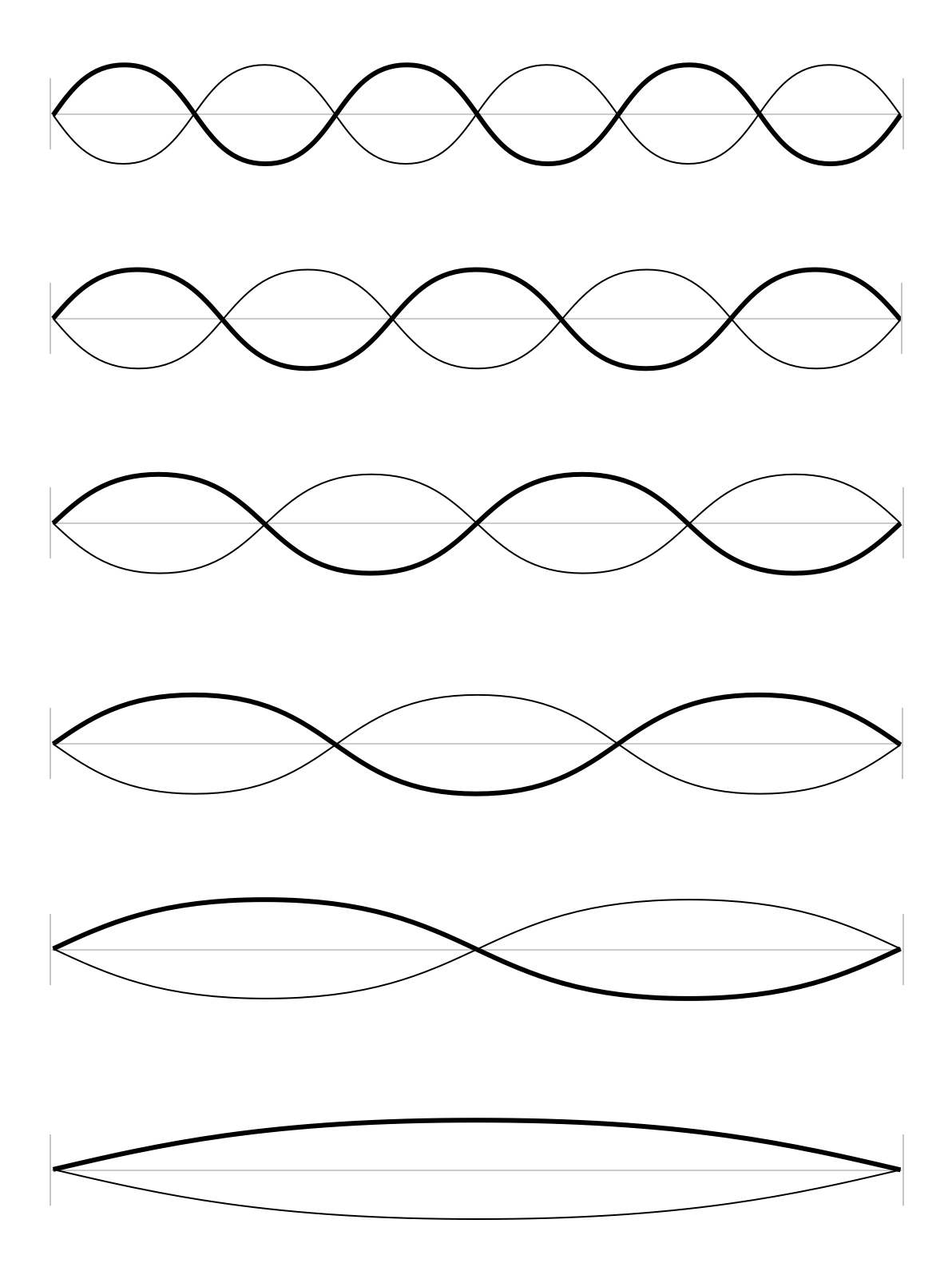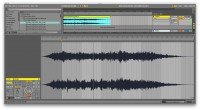What music can be used for a podcast
Hello Daniel, I would like to create a podcast with chillout, ambient, and deep house music. What should I do? Can I use any tracks I like without changing them, but just make a single mix of 50 minutes, for example? Let’s say, download them off the internet, mix them up and put them on Apple Podcasts? Do I need to get permission from every label and artist? It’s not for commercial use, right?
Aiya
In short, it’s simple: you take the tracks, mix them, and put them out – that’s it. You don’t need any special permission or anything fancy. But as always, there are nuances.
First of all, some DJs think that if they buy music, for example, on Beatport, they can do whatever they want with these tracks: mix them in podcasts, put them into videos, or play them in cafes. But in fact, this is not quite true: speaking specifically about podcasts (videos and cafes are separate topics), from the legal point of view there is no difference between music that you buy and music that you download for free. I myself am all for buying music legally whenever possible, but you have to understand that in this context, buying music doesn’t give you any special rights compared to free downloaded music. Commercial or non-commercial use also makes no difference in this case.
Secondly, in general, you don’t need permission from artists and labels. However, if you want to put a podcast on YouTube and monetize your channel, in this case, you do need permission from the rights holders (they are usually labels, not artists), but this is a complicated and often unsuccessful process.
Third, you’re free to do whatever you want with the tracks themselves: trim, cut, and layer, or leave them as they are. It’s up to your DJ skills and what you want to do with them. You can do any length you want, too.
Finally, I would like to advise you to watch carefully the sites where you upload your podcast. In my experience:
- Soundcloud can block a track in the mix and hide the entire podcast episode from public access. In my ten years of using the service, this has happened once.
- Mixcloud accepts DJ mixes and podcasts, but only them: you can’t upload individual tracks or even use several tracks from the same artist in a row there.
- Apple Podcasts, according to my observations, are not moderated in any way, that is, mixes can be posted there (or at least not prohibited). Important point: Apple Podcasts is basically a directory of links, but not a repository. In other words, to add your podcasts to Apple Podcasts, your audio files must be stored somewhere – such a place on the Internet is called hosting. But typical web hosting services have a number of limitations and inconveniences, so it is easier and more convenient to add your podcasts to Apple Podcasts via some service – again Soundcloud, for example.
- Spotify Podcasts, on the other hand, are designed exclusively for talking podcasts: DJ mixes are not accepted there. That is, you can talk in the episodes, but you can’t play music. It seems like Spotify is working on making it possible to upload music mixes there as well in the future, but that’s about it for now.
- YouTube allows you to upload mixes, but with restrictions: you can’t monetize channels that use other people’s music if you want to in the future. Here you can either try to get permission from the rights holders to whitelist your channel (which is exactly what I wrote about above) or just give up on monetization.
I hope it helps.


